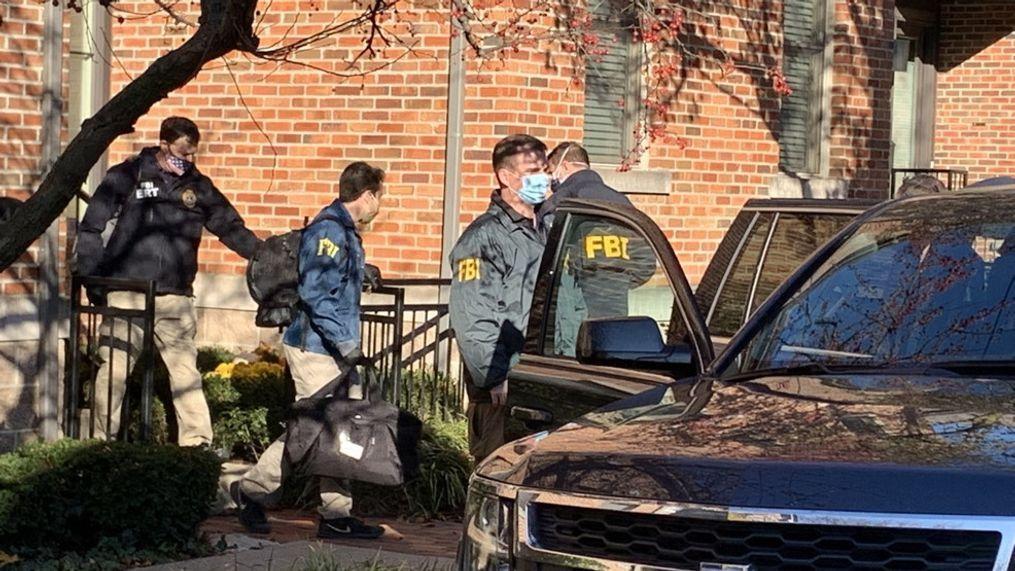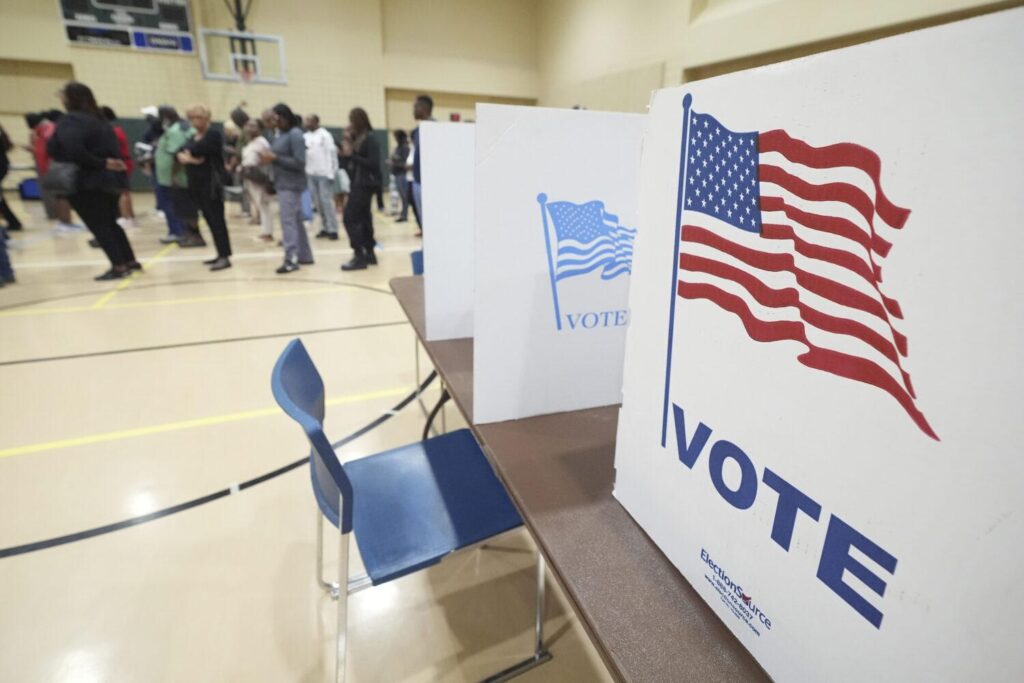In the rolling hills of Appalachia, where tradition and personal freedom often intertwine, a West Virginia parent has stepped into the legal arena, challenging the state’s vaccination requirements through a deeply personal lens of religious conviction. This legal battle brings to the forefront a complex debate that pits public health mandates against individual beliefs, setting the stage for a nuanced examination of parental rights, medical policy, and constitutional protections.In a legal battle that’s drawing attention to the intersection of personal beliefs and public health, a West Virginia parent is challenging the state’s vaccination requirements through a lawsuit seeking a religious exemption. The case highlights the ongoing tension between individual freedoms and community health standards.
The parent argues that mandatory vaccination policies infringe upon deeply held religious convictions, challenging the current framework of school immunization regulations. West Virginia stands out among states for its stringent vaccination policies, which currently offer limited grounds for exemptions.
Legal experts are closely watching the case, recognizing its potential to set precedent for future religious liberty challenges in educational settings.The lawsuit delves into complex constitutional questions about religious freedom and state-mandated health protocols.
Current state law in West Virginia allows medical exemptions but maintains a narrow stance on religious and philosophical exemptions. This approach has been defended by public health officials as crucial for maintaining high vaccination rates and protecting community immunity.
The plaintiff contends that the state’s current policy represents an unwarranted intrusion into personal religious practices. Arguments center on the constitutional protections of religious expression and parental rights in medical decision-making for their children.
Public health professionals have consistently emphasized the importance of vaccination requirements in preventing potential disease outbreaks. Immunization rates play a critical role in protecting vulnerable populations, notably in school environments where close contact facilitates potential disease transmission.
The case brings into sharp focus the delicate balance between individual beliefs and collective health responsibilities. School administrators, medical professionals, and legal experts are closely monitoring the potential implications of the lawsuit.
Scientific research continues to support the effectiveness of vaccination programs in preventing serious communicable diseases. The lawsuit challenges this established medical consensus, arguing for a broader interpretation of religious freedom.
West Virginia’s educational and health departments are preparing thorough legal responses, defending the current vaccination policies as essential public health measures. The state maintains that its regulations are designed to protect the broader student population.
As the legal proceedings unfold, the case has attracted meaningful attention from civil liberties groups, religious organizations, and public health advocates.The outcome could possibly reshape understanding of religious exemptions in educational health policies.The lawsuit represents a microcosm of broader national debates surrounding personal freedoms, religious rights, and public health considerations. Whatever the final ruling, the case is likely to generate significant discussion about the boundaries of individual choice in community health contexts.




